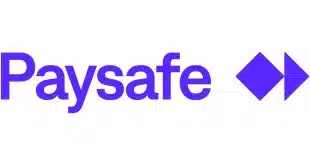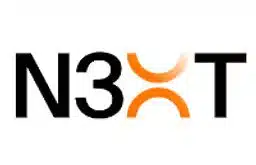Google Checkout, the payment service of Internet search leader Google Inc., continues to add merchants and charge volume, according to a Google executive. But Google remains guarded about revealing exactly how Checkout is faring with merchants, especially after the reintroduction of acceptance pricing in February marked the end of more than a year of free processing. “We've processed billions of dollars in purchases” through “hundreds of thousands” of sellers since Google Checkout debuted in June 2006, says Tom Oliveri, group product marketing manager. In accordance with Google's long-standing policy of keeping company data close to the vest, Oliveri would not disclose Checkout's volume or number of merchants. The service counts more than one-third of the top 500 online retailers as acceptors and continues to add more merchants every quarter, according to Oliveri. New merchants include Marc Ecko, Nautica, Kipling, Orvis, and SmartBargains. A Google spokesperson adds that “millions of buyers” have used Checkout. CyberSource Corp., the online fraud-control services and gateway provider, said 7% of the 318 security executives it polled last September for its annual Internet fraud study reported their firms accept Google Checkout. That compares with 95% for general-purpose credit cards, 33% for PayPal Inc. and 13% for Bill Me Later, the fast-growing Internet lending alternative. Google Checkout's standard pricing is 2% plus 20 cents, with merchants that use Google's AdWords service getting $10 worth of free Checkout processing for every $1 of AdWords spending. AdWords, an important source of Mountain View, Calif.-based Google's revenue, places small hyperlinked messages from related advertisers next to users' search results. In an effort to attract merchants, Google in late 2006 made Checkout free for the holiday season. Google extended that break through all of 2007 and then extended it again through January 2008 (Digital Transactions News, Dec. 12, 2007). Asked if there has been merchant fall-off since the standard pricing resumed in February, Oliveri says, “We continue to see very strong interest by sellers and merchants.” In an indication that the immediate merchant reaction has been tolerable, Google plans to stick with the basic 2% plus 20 cents pricing, at least in the near term. “For now, it's really working,” Oliveri says. He adds that Checkout is fulfilling its main mission, which is to support AdWords. “Many merchants and sellers who weren't AdWords advertisers are coming on the AdWords platform,” he says. “The thinking is Checkout is really a transaction-processing solution that is designed to work with the AdWords platform.” Over the past year, Google has improved Checkout's user interface, according to Oliveri. Google also has launched Checkout variants: in September for non-profit organizations, in January for federal political campaigns, and in March for political-action committees (PACs). Qualified 501(c)(3) non-profits get free processing, but politicians pay standard fees. In a promotion tied to the recent Earth Day and still continuing, Google Checkout enables a buyer to donate to a non-profit environmental organization, then notify friends and relatives of that donation by e-mail. Recipients who in turn make a donation see their locations marked on a map from the Google Maps service. Google has various Checkout-related marketing initiatives in the works, some aimed at merchants and others at buyers, according to Oliveri. The Google spokesperson says that once a consumer uses Checkout for the first time, he or she is 10% more likely to click on a Checkout-badged ad and 40% more likely to convert on the purchase. Consumers who enroll for Google Checkout fund their purchases with a major-branded payment card but complete the online shopping process without having to enter personal or card data with every sale. Google's processor is Chase Paymentech Solutions LLC.
Check Also
Eye on Crypto: N3XT Partners With YouHodler; Barclays Eyes a Blockchain
N3XT Inc., a blockchain-powered bank, has partnered with YouHodler, a Web3 platform that supports crypto-backed …







